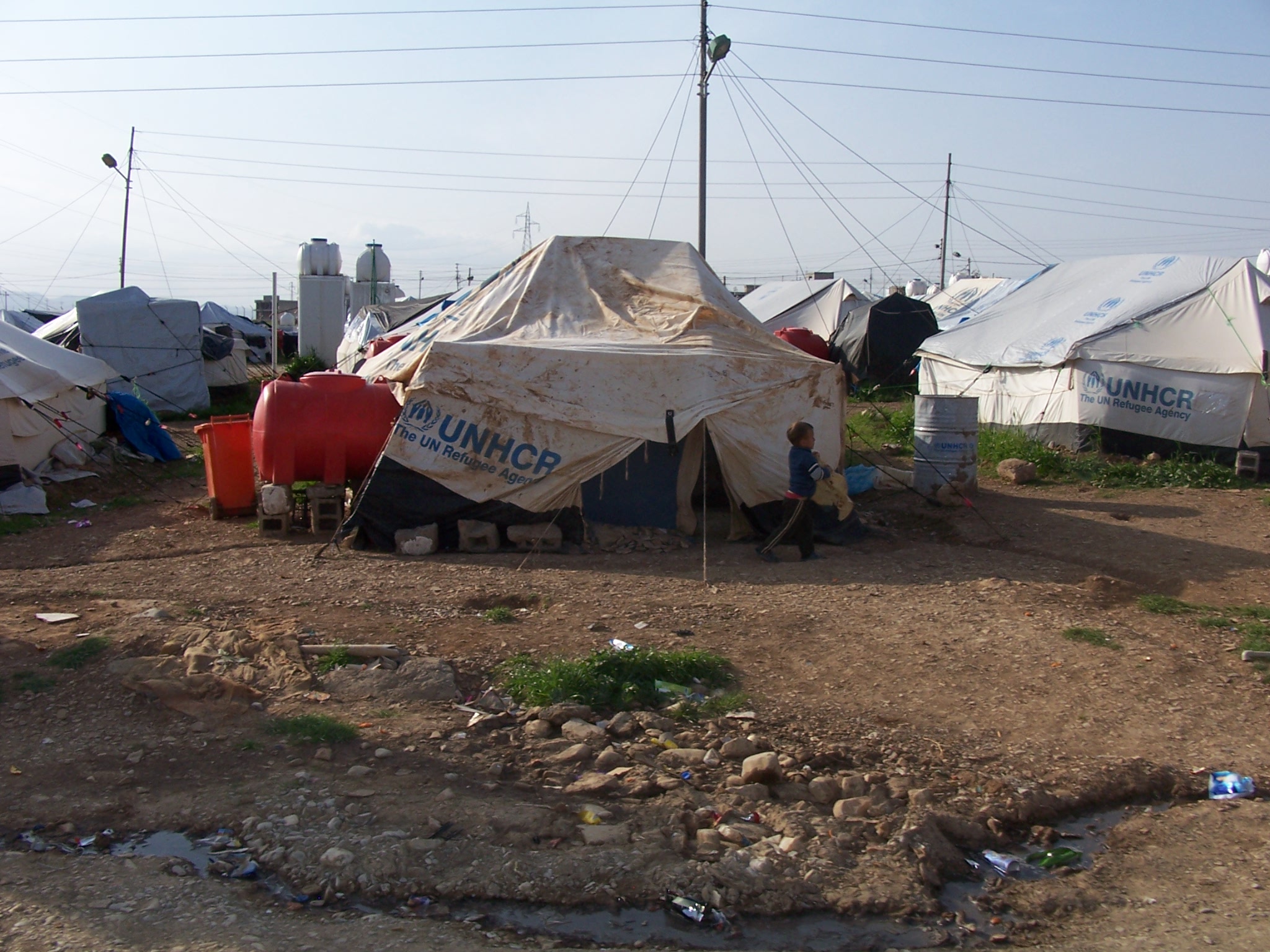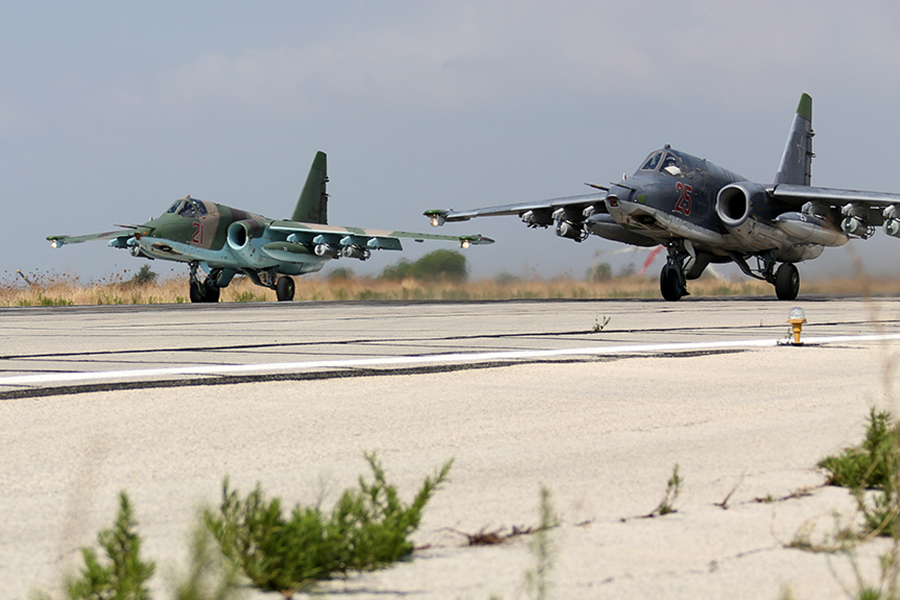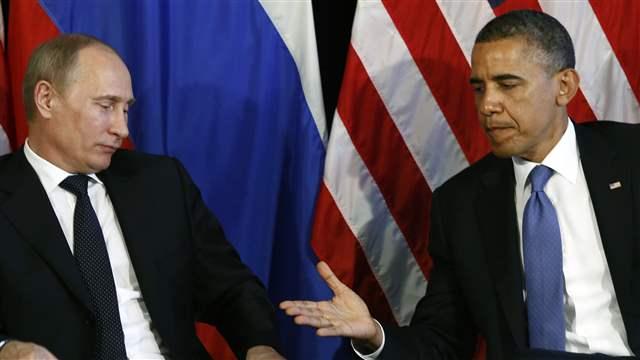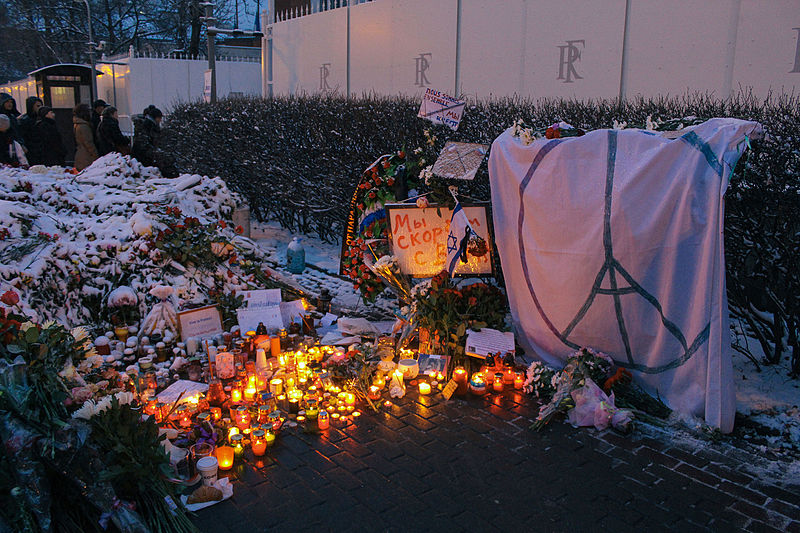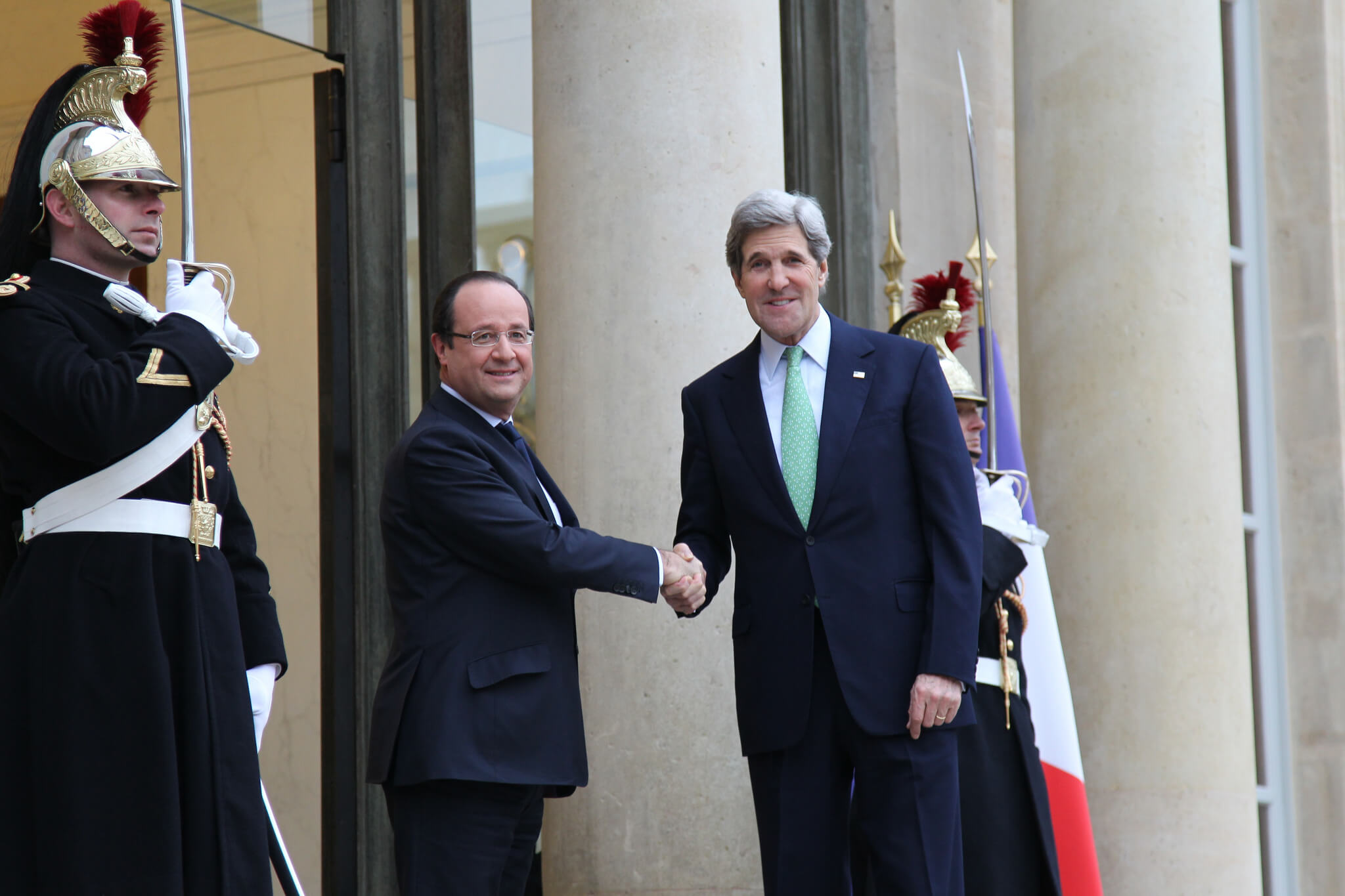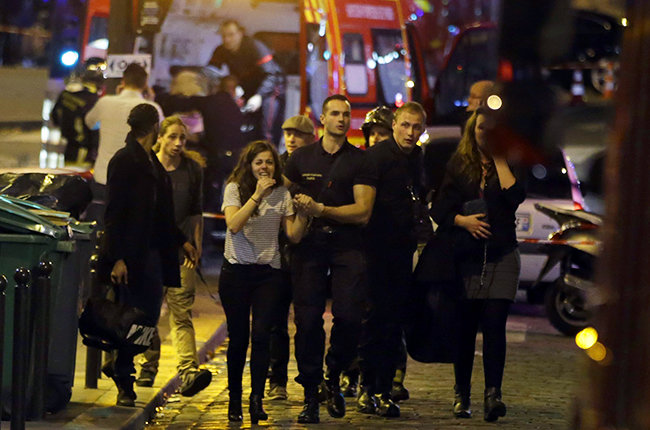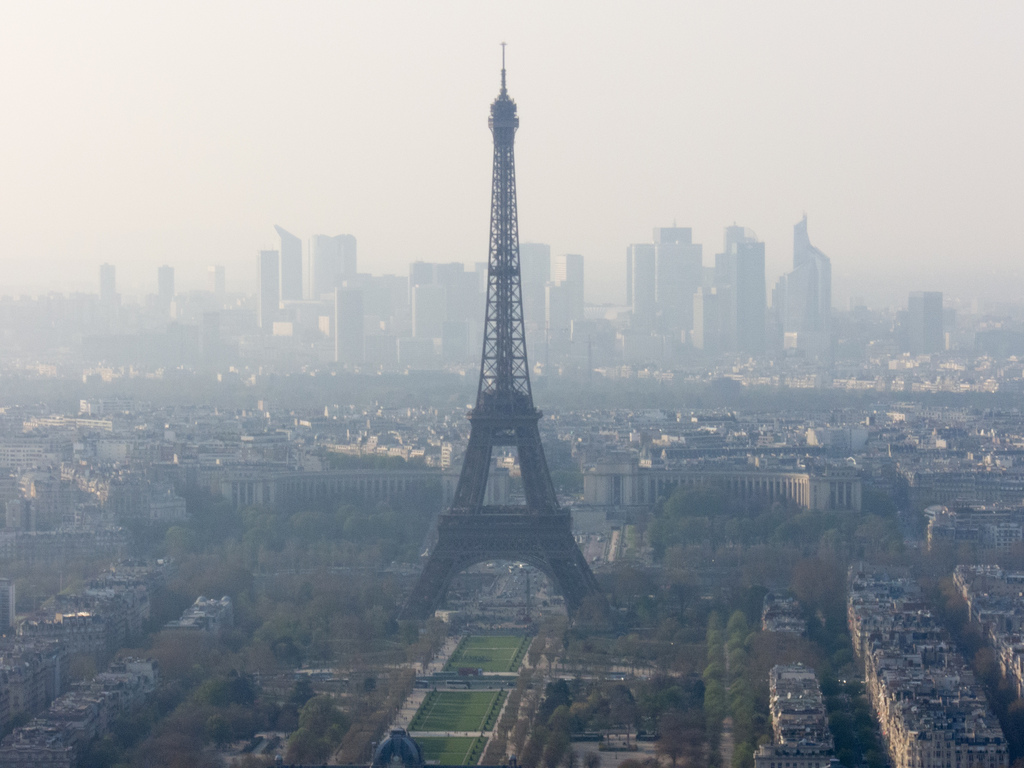Megan argues that the influx of Syrian refugees to Canada are a source of strength, not security concerns
Islamic State
Russia’s Global Strategy: Moscow’s Motivations in Ukraine and Syria
Russian activities in Ukraine and Syria share similar motivating factors. Sandy Vingoe examines Russia’s global strategy of aggressively countering threats to Russia’s political buffer states.
Can The West Work With Russia In Fighting ISIS?
Our program editors debate whether the West and Russia can overcome their policy differences for the sake of confronting ISIS.
Is A More Aggressive Strategy To Counter ISIS Needed?
In the wake of the Paris attacks, our program editors consider whether the West’s military campaign against ISIS should be intensified.
“Un Acte de Guerre:” What Does President Hollande’s Speech Mean for NATO and Canada
Ian Goertz uses the recent speech made by President Hollande following the Paris terror attacks to examine the importance of rhetoric in international relations.
The Caliphate’s Counterpunch: Did ISIS Shift Its Strategy with the Paris Attacks?
The Paris attacks were likely an attempt by ISIS to deter the West from targeting the caliphate, Evan Blackwell writes.
Terror in Paris: Sympathy, Shame, and Social Media
Why did the global reaction to the Paris attacks far outweigh the international response to the Beirut bombings?
Assessing the Uncertainty of Radicalization and Homegrown Terrorism
Corinne Stancescu examines the process of radicalization and homegrown terrorism in the aftermath of the Paris terrorist attacks this past weekend.
The Paris Aftermath: A United Front
After the disastrous attacks in France, new calls for a united coalition against ISIS are issued. Jeremy Voisin explores the need for a united front on states intervening in Iraq and Syria.
PARIS: The Night the World Didn’t Sleep
An update on the Paris attacks and its implication on global security.

